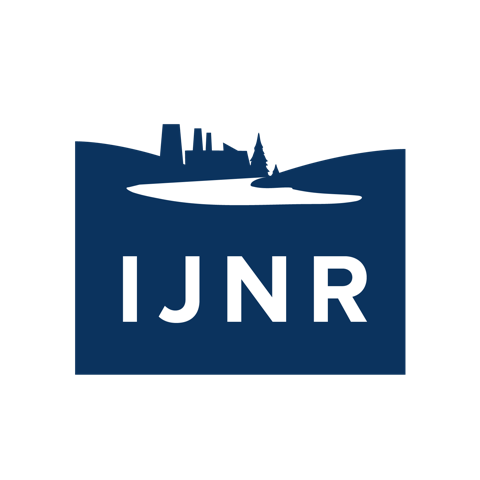Climate Justice and
Environmental Racism
A virtual workshop for journalists
November 17 + 18, 2022
Across America, climate change is hitting home. While the new reality of increasingly extreme storms, extended droughts and rising seas has communities scrambling to adapt, it is also revealing a troubled history of racist policies and practices in U.S city planning: Disinvestment and neglect have left millions of Americans more vulnerable to climate impacts.
The Institute for Journalism & Natural Resources held a two-day virtual workshop Nov. 17-18, 2022, that explored the intersection of climate impacts and environmental justice. The program focused on the ways our changing climate exacerbates historic injustices and provided examples of the people and places working toward a more just and equitable future. Topics included:
Federal efforts to address historic inequity and promote social justice.
Conversations with a new generation of climate leaders.
Extreme precipitation, urban flooding and infrastructure.
Access to clean drinking water.
Heat waves and public health.
Climate impacts to food systems – and the workers who keep them running.
The inequitable distribution of risk – and cost – in the coastal response to sea level rise.
About IJNR
The mission of the Institute for Journalism & Natural Resources (IJNR) is to promote public dialogue about natural resource issues through programs that inform, empower and inspire better journalism. IJNR conducts expenses-paid, expedition-style training and professional development programs for journalists at all career stages and from all sorts and sizes of news outlets, ranging from newspapers and magazines to radio, television and online operations.
IJNR maintains editorial independence and control in all of its programming and decision-making.
